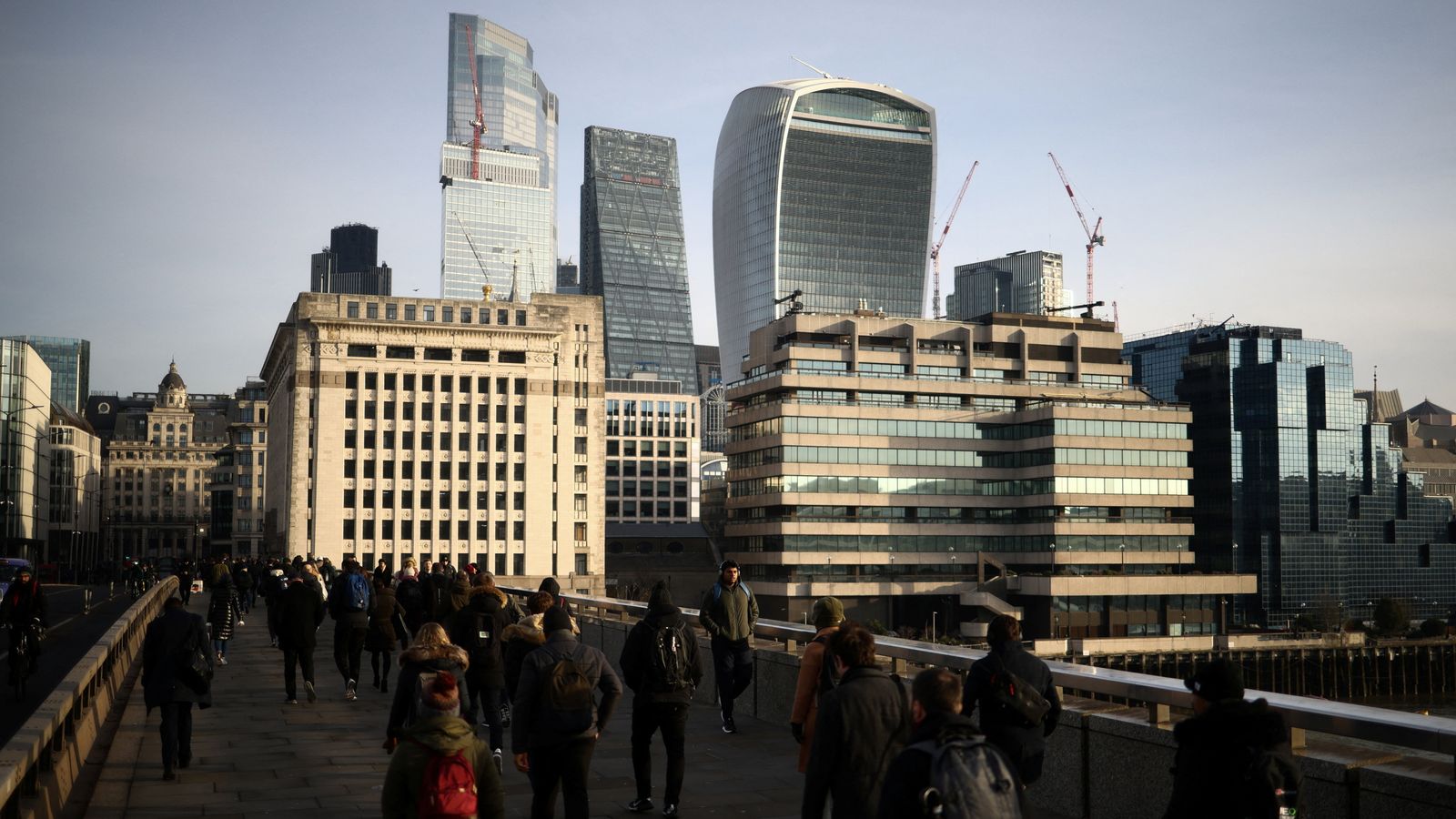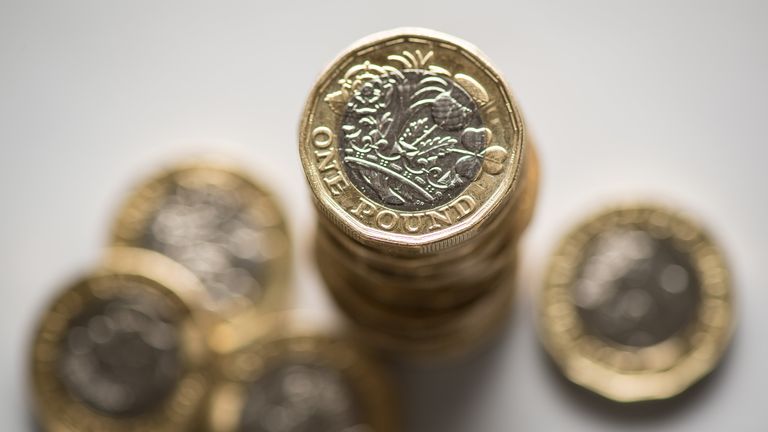GDP exceeded modest expectations in June and for the second quarter as a whole, but perhaps the best that can be said of the economy at the halfway point in the year is that things could be worse.
That was certainly the chancellor’s response to monthly growth of 0.5% and a three-month figure of 0.2%.
Jeremy Hunt pointed to the fact the UK had avoided recession – a low bar for any finance minister – and might outperform Germany, Italy and France.
The perky figure for June was largely attributed to the bounce back from the depressing impact of the coronation in May, when three Bank Holidays dragged down output, and the hot weather (remember that?) which boosted consumer spending in pubs and restaurants.
There was also a boost from manufacturing with the Office for National Statistics (ONS) describing car and pharmaceutical growth as “buoyant”, a word rarely used in connection with the British economy in recent months.
These figures may give comfort to Mr Hunt and Prime Minister Rishi Sunak that the pledge to grow the economy by the end of the year is at least technically deliverable, but what happens next remains uncertain.
Optimists can point to the fact that, despite the highest inflation in the G7, an unprecedentedly tight labour market, soaring energy bills and the relentless upward march of interest rates, the UK has avoided a downturn.
Consumer demand has proved resilient despite all the other pressures on household budgets, perhaps indicating that the savings stuffed into metaphorical mattresses during the pandemic have not been used up yet.
The flip side is that this could be as good as it gets.
The Bank of England is attempting to squeeze those same consumers to temper inflation and said last week it will have to do so for longer.
The dominance of fixed-rate mortgages in the UK housing market means that while the pain of soaring interest rates is felt suddenly and painfully by those who need to refinance, the impact is more gradual across the economy.
That resilience may make further rate hikes more likely, and with unemployment forecast to increase, wage growth may slow as the jobs market weakens too.
Read more business news:
Wilko goes into administration
Dangerous carbon monoxide alarms sold online
Rents ‘to continue to rise’ as supply falls below demand
Despite higher Q2 growth than Germany and Italy, broader international comparisons remain unflattering.
Judged by quarterly growth, the UK economy is still 0.2% smaller than before COVID, while Germany, Italy, France and the US have all recovered to above pre-pandemic levels.
The Resolution Foundation meanwhile calculates that in the last 18 months, UK growth has been the lowest outside periods of recession in 65 years – a technical analysis, but one in keeping with Mr Hunt’s view that we are stuck in “a low-growth trap”.

